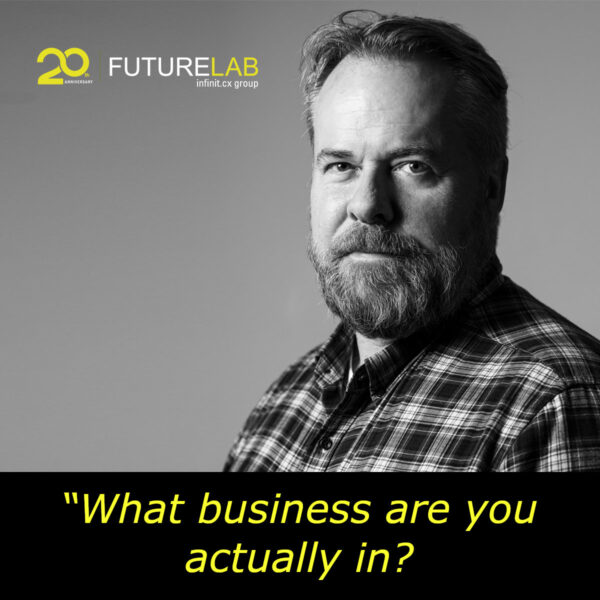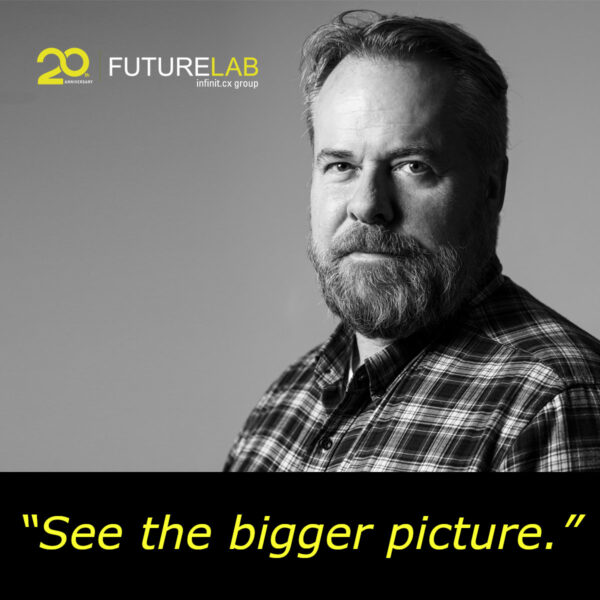With Tuesday’s announcement of Graph Search, Facebook has confirmed what we’ve known all along: we users aren’t there to enjoy content as much as we are the content. That means we’re the products it intends to monetize.
This constitutes a unique marketing challenge. More on that in a moment…
Graph Search promises to let us search through our friends’ likes, photos, locations, and any other info they’ve prior elected to share with us and/or the world. Think of it as a proprietary, closed database that’s an alternative to Google, Bing, or Yahoo. It’s probably a first-step in a longterm plan to turn the postings of its billion users worldwide into a giant closed database that will compete with those older services (not to mention services like Yelp, which is already crashing on the stock market).
It’ll have loads of obstacles to overcome, though none of them are necessarily insurmountable. Your friends list may not be the best place to look for restaurant recommendations or movie reviews, since you didn’t aggregate them based on what expert services they provide to you. Many of my Facebook friends have similar tastes to mine, which might seem like a great resource until I realize it means they probably make the same bad choices as I do. It’s also supposed to be “privacy aware,” whatever that means. Tee-ing up our info to help others make money, no matter that we’ve already posted the stuff, could feel like we’re being used.
Which is the point, of course. We are the product on Facebook, and the platform’s very premise depends on our willingness to share our lives openly (there’s lots of theology on why we should reveal everything about ourselves online, though it’s usually written by people who do no such thing). Graph Search will eventually provide more pages for advertising, perhaps ever-better keyed to whatever it is we’re searching for. Maybe brands will be given a way to crap out the results with sponsored links, so it could get even worse than all those recommendations you get now from friends who made the mistake of clicking on something. I’d bet on ads running down the sides of every page, too.




